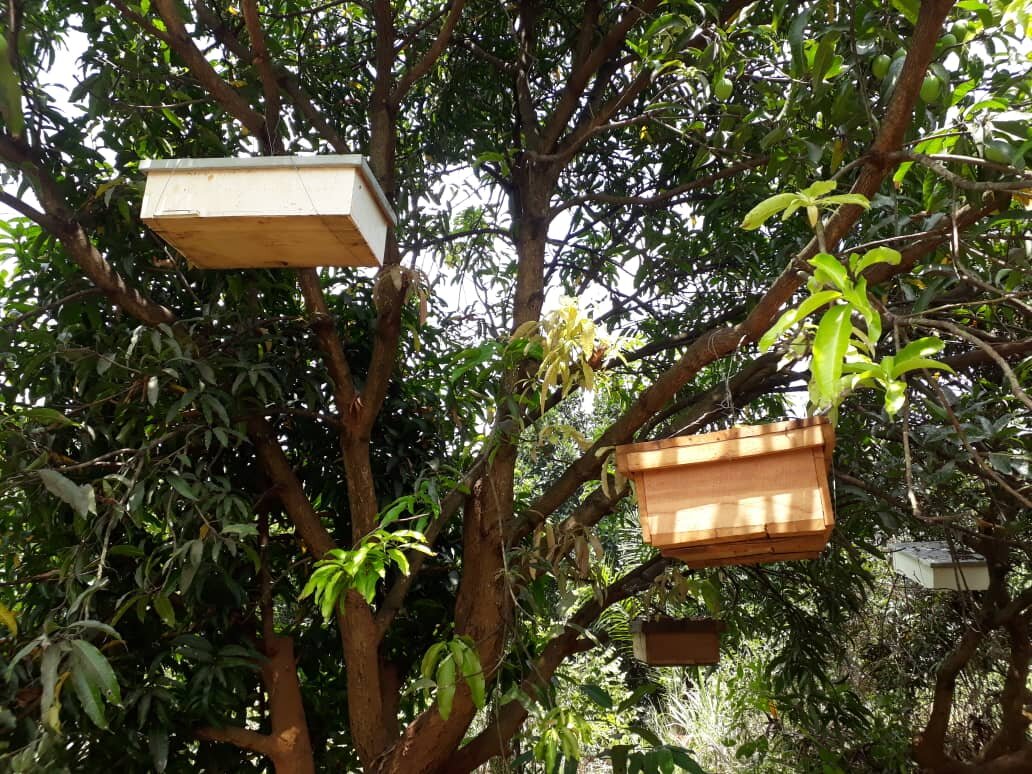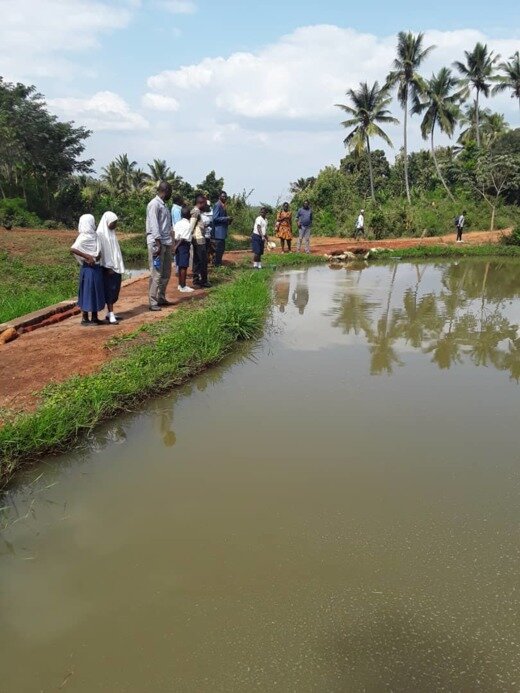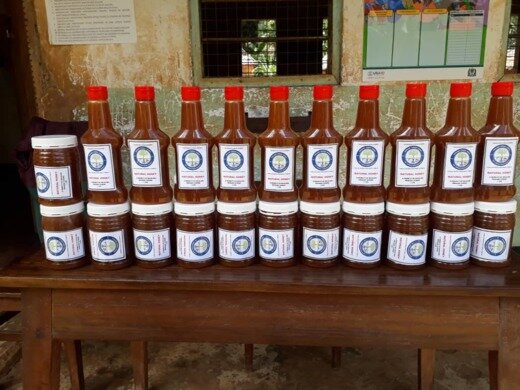Author: Anna Christine Daa Funder, Foundation for Environmental Education
Story provided by: Elisa Pallangyo, Tanzania Forest Conservation Group
Digalama Primary School in Tanzania is surrounded by Mkingu Nature Reserve, which has a global significance due to its richness in biodiversity and endemic species. However, these are at risk of becoming extinct since the economy of habitats in the communities surrounding the forest is largely dependent on the harvesting of forest resources.
Digalama Primary School is today one among 44 Eco-Schools in Tanzania. Before becoming an Eco-School, it was one of the most underperforming schools in the nation, but in 2018, it managed to increase its performance to 100% due to two projects. In 2016, the school decided to take action by creating sustainable solutions in the school and the village. Following the Seven Steps, it mobilised resources from the community and utilised the support from the Danish Outdoor Council and the Government of Denmark to start up a project. The school managed to get beehives and the revenue from the beekeeping micro-project was reinvested in a second project – a fishing pond.
The projects serve as a teaching and learning support and about 455 students are benefiting from them. They cover curricula content from multiple subjects e.g. ecology, environmental conservation, pollination in biology as well as the topic of measurement in mathematics - by measuring honey in litres and fish in kilograms and grams. Students are now learning both inside and outdoors, and entrepreneurship skills are developed.
“We are involved in each step of the projects. Now I know so many things about bees which I did not know before. Bees are tiny but they are very skillful, they produce honey for us, and we use it for our school meals. Never underestimate the power of a simple, tiny honeybee”
Jazira Shaban, Grade 6 Student, Digalama Primary School
The school has sold 766 litres of honey which has increased the income of the school from 0 to 7.2 million Tanzanian Shillings. 15 community members are replicating the beekeeping and fish farming methodologies in their homes, which has significantly reduced the reliance on forest products which will sustain the Mkingu Reserve ecosystem for years.
The projects have also been supported by the Tanzanian Ministry of Education Science and Technology (MoEST), President's Office Regional Administration and Local Government, District Executive Director as well as UNESCO.



